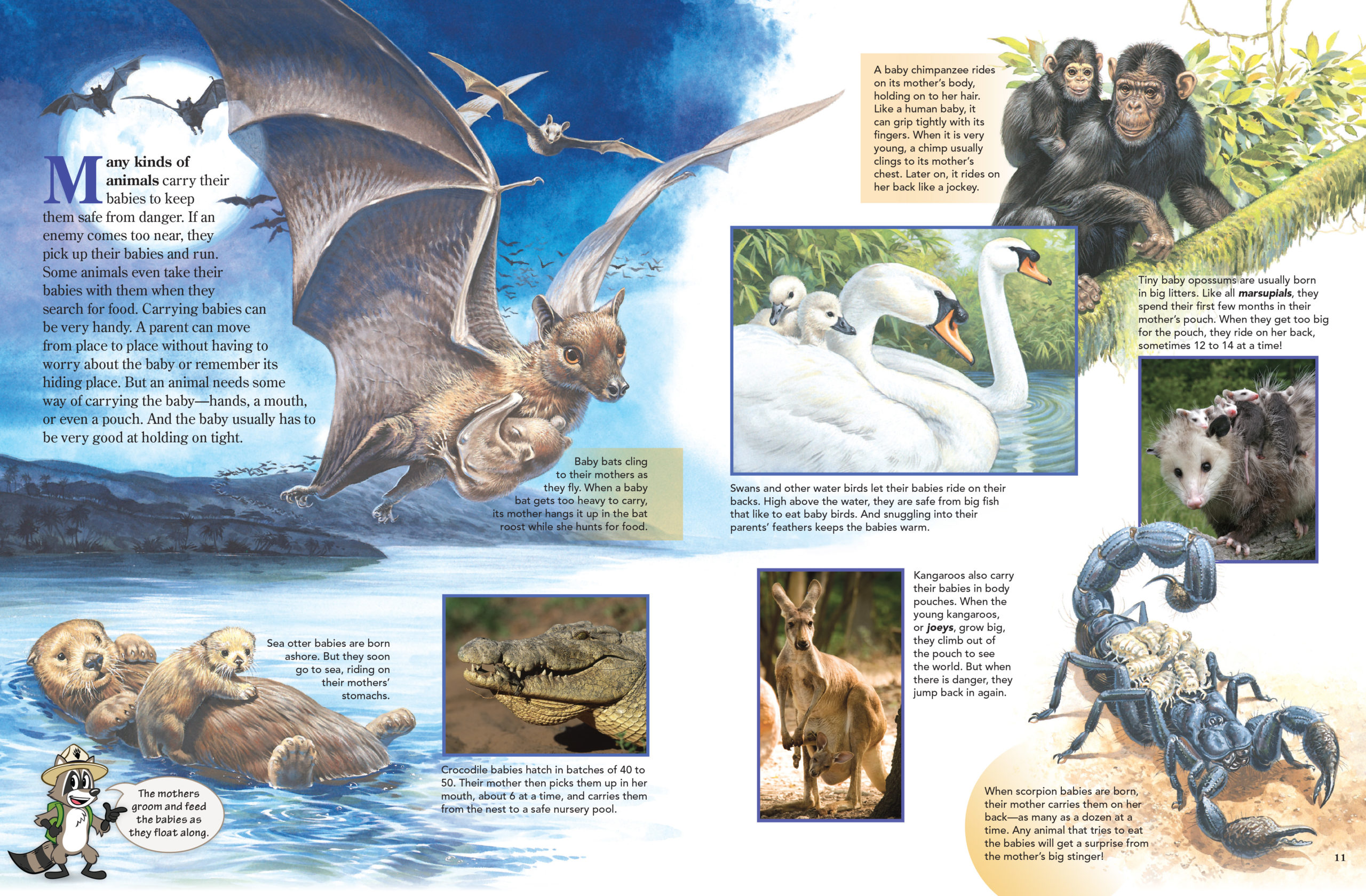Yes, parrots can eat baby food. It is safe for parrots to consume small amounts of baby food as a part of their diet but it should not be the primary source of nutrition.
Parrots are fascinating and intelligent birds that require a diverse and balanced diet to thrive. While their diet primarily consists of fruits, vegetables, and specialized parrot pellets, there may be instances where parrot owners wonder if other types of food can be incorporated into their diets.
One such food item is baby food. Baby food, as the name suggests, is formulated for infants and is designed to be easily digestible and packed with essential nutrients. This raises the question: Can parrots eat baby food? We will explore whether baby food is suitable for parrots and how it can be incorporated into their overall diet.
1. Choosing The Right Baby Food For Parrots
Choosing the right baby food for parrots requires considering several factors, including their nutritional requirements. Parrots need a balanced diet that includes essential vitamins and minerals. When selecting baby food for them, it’s important to identify safe and nutritious options.
Look for products that are free from artificial additives and preservatives. Additionally, consider the ingredients and ensure they are suitable for parrots’ digestive systems. Fruits and vegetables are generally good choices, but avoid foods that are high in sugar or salt.
It’s wise to consult with a veterinarian for specific recommendations on what baby food to give to your parrot. Meeting their nutritional needs will ensure they stay healthy and thrive. So, provide them with the right baby food and watch them enjoy their meals.
2. Preparing Baby Food For Parrots
Preparing homemade baby food recipes for parrots requires careful attention to hygiene and safety. It is important to maintain a clean environment and use fresh, high-quality ingredients. The consistency of the baby food can be adjusted to suit the parrot’s preferences and needs.
Make sure to blend the food to a smooth consistency, as parrots have a delicate digestive system. You can experiment with different fruits and vegetables, like pureed apples, carrots, or peas, to offer a variety of nutrients. Avoid using any seasoning or additives that may be harmful to the parrot’s health.
By following these guidelines, you can provide your parrot with a nutritious and safe baby food diet.
3. Introducing Baby Food To Parrots
Introducing baby food to parrots can be a gradual process, ensuring a smoother transition. Monitor their response closely and observe any signs of acceptance or reluctance. Encourage them to try baby food by implementing certain techniques. Offer small portions alongside their regular diet, making sure it complements their nutritional needs.
Remember to provide a variety of flavors and textures to keep them interested. Patience is key as they may take some time to adjust to the new food. By slowly incorporating baby food into their diet, you can expand their palate and provide them with added variety and nutrients.
4. Potential Risks And Considerations
While parrots can eat many types of food, it is important to consider potential risks and allergies. Parrots, like humans, can have allergic reactions and food sensitivities. Some foods, such as avocados, chocolate, caffeine, and alcohol, can be toxic to parrots and should be avoided.
It is crucial to consult a veterinarian for professional advice on what foods are safe for your specific parrot. They can provide guidance on a balanced diet and recommend suitable alternatives to baby food. Remember to introduce new foods gradually and observe your parrot for any adverse reactions.
Prioritize their health and well-being by providing a varied and nutritious diet that meets their nutritional needs. Keeping an eye out for potential risks and consulting a professional will help ensure the optimal care for your feathered friend.
5. Incorporating Baby Food Into Parrot’S Diet
Parrots can safely incorporate baby food into their diet as a supplementary option. When introducing baby food, it is important to consider the frequency and portion size. Start with small amounts and observe any changes in the parrot’s health and behavior.
Gradually increase the serving size if the parrot is tolerating it well. Baby food can provide additional nutrients and variety to the parrot’s regular diet. However, it should not replace the bird’s main diet of fruits, vegetables, seeds, and pellets.
It’s best to consult with an avian veterinarian to ensure a balanced and appropriate diet for your parrot.

Credit: rangerrick.org
6. Faq
Parrots can safely consume certain types of baby food, but not all species may tolerate it. Avoid feeding baby food with high sugar content, additives, and artificial flavors. Common signs of an allergic reaction in parrots include itching, swelling, respiratory distress, and digestive problems.
Conclusion
While it may seem tempting to feed your parrot baby food, it is important to consider the nutritional needs and dietary requirements of these exotic birds. Parrots have evolved to thrive on a diverse diet of seeds, fruits, vegetables, and even some insects.
While baby food may offer some nutritional value, it lacks the essential nutrients and variety that parrots need to maintain their health. Feeding them a balanced parrot-specific diet that includes a mix of fresh produce, high-quality pellets, and occasional treats is the best way to ensure they receive all the necessary nutrients.
Consulting with an avian veterinarian or a certified avian nutritionist can provide valuable guidance on the appropriate diet for your parrot. By providing them with the right diet, you can help your parrot live a long, healthy, and happy life.
